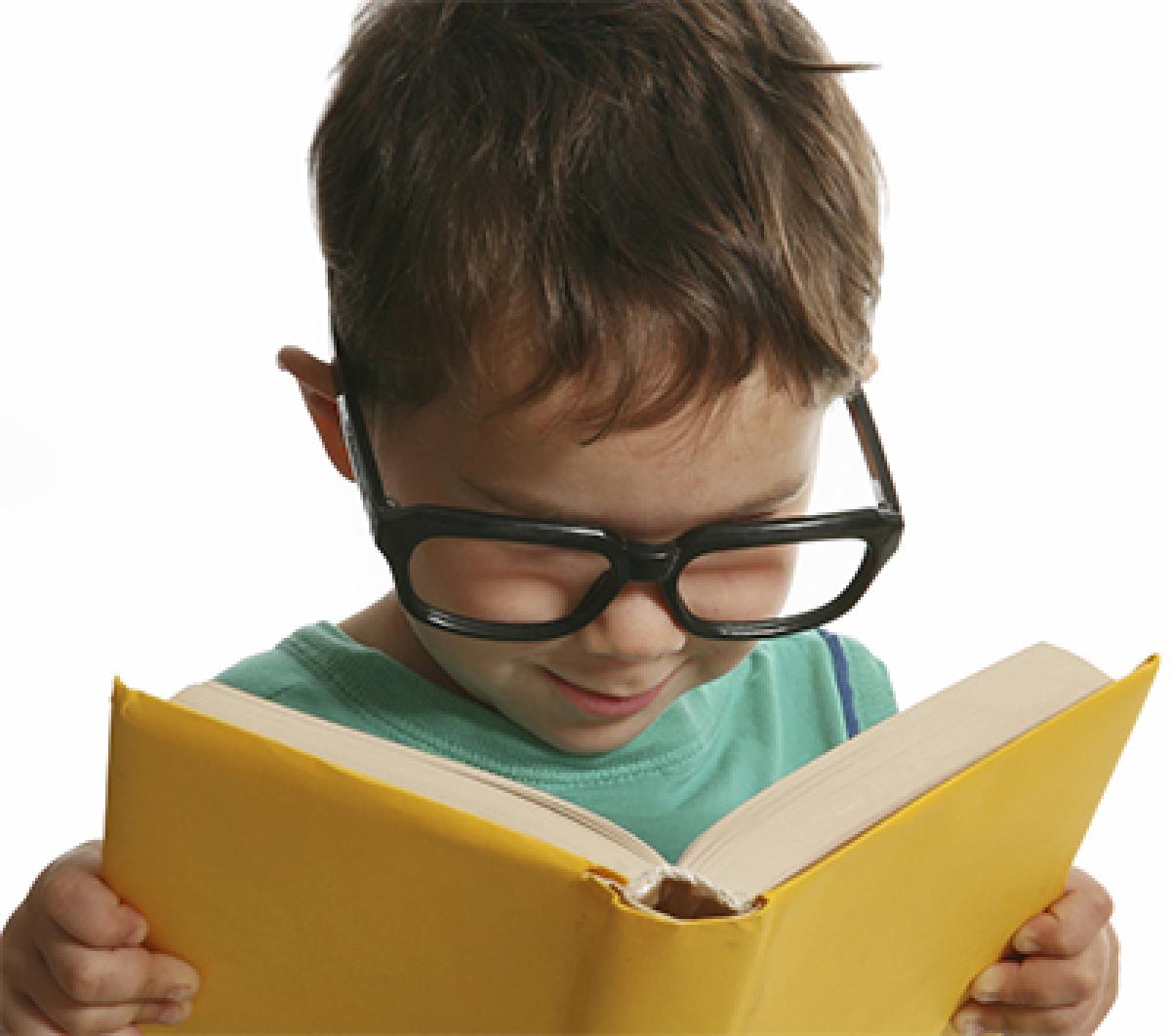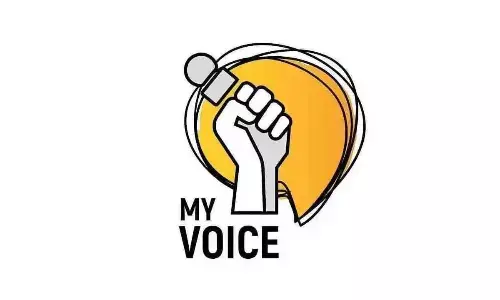Kids with larger oral vocabularies better at studies

Children with larger oral vocabularies by age two arrive at kindergarten better prepared academically and behaviourally than their peers, a study says. The study analysed data for 8,650 children in the Early Childhood Longitudinal Study-Birth Cohort.
.jpg) New York: Children with larger oral vocabularies by age two arrive at kindergarten better prepared academically and behaviourally than their peers, a study says. The study analysed data for 8,650 children in the Early Childhood Longitudinal Study-Birth Cohort.
New York: Children with larger oral vocabularies by age two arrive at kindergarten better prepared academically and behaviourally than their peers, a study says. The study analysed data for 8,650 children in the Early Childhood Longitudinal Study-Birth Cohort.
They evaluated whether two-year-olds with larger oral vocabularies achieved more academically and functioned at more optimal levels behaviourally when they later entered kindergarten. Gaps in oral vocabulary were evident between specific groups of children as young as age two, with children from higher-income families, females, and those experiencing higher-quality parenting having larger oral vocabularies than their peers.
Children born with very low birth weight or from households where the mother had health problems had smaller oral vocabularies. When the researchers examined the children three years later, they found that children who had a larger oral vocabulary at age two were better prepared academically and behaviourally for kindergarten, with greater reading and math achievement, better behavioural self-regulation, and fewer acting out or anxiety-related behavioural problems.








